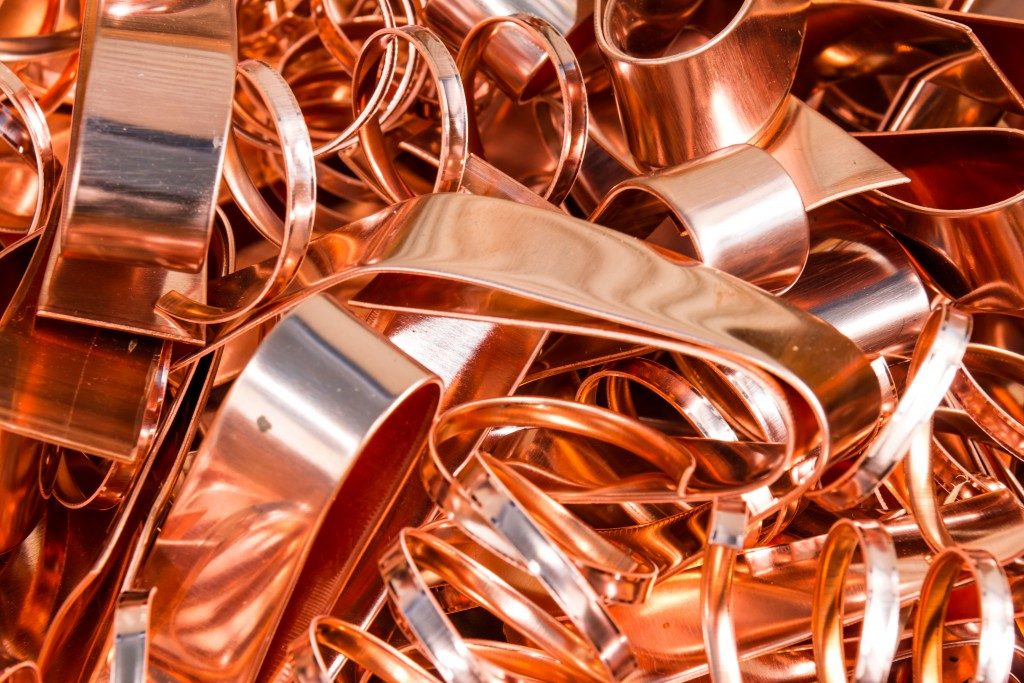With how valuable and reusable copper is, it would be a waste for anyone to just throw it in the dump. Recycled copper actually retains up to 90% of its original value and most of the copper we use today is recycled. Therefore, both households and companies could benefit greatly from copper wire recycling via LKM.
Here’s what you need to do to start recycling:
Collection
Identify the copper sources in your home such as pipelines, electrical appliances, and power cords that you do not need. Collect and assemble them in a place like a garage.
Sorting
Sort the copper according to their uses such as connectors, bunched wires, etc. If you’re unsure, you can usually find their names written on the plastic insulation.
Stripping
Recycling facilities usually pay more for wires free from any coatings. After collecting and sorting the wire, strip away any foreign materials from the wire if possible. For instance, you can cut off soldered parts using a cable cutter or use a screwdriver to remove brass connectors.
Contacting the Recycling Company
Finally, you can call the recycling company to pick up the waste material. You can also drop it off yourself.
Consider using the right tools and technique when removing wires to avoid damaging the copper. Here are some things you also need to avoid doing when collecting copper:
Hammering
Some people might use this method to remove the insulation from the wires. However, doing this damages the cable and makes it almost impossible to reuse.
Damaging the copper strands underneath
You should be careful when cutting the insulation off as it could nick the wires underneath. Nicking the wire can make it break with a bend for a connection or have electrical faults.
Wire burning
Burning the insulation off can deform the wires underneath and makes it harder to recycle. In addition to this, inhaling copper fumes can be a mild health hazard.
By keeping these tips in mind, not only will you be saving environmental resources, but economic ones as well. Recycling copper is something that benefits both you and the environment.

